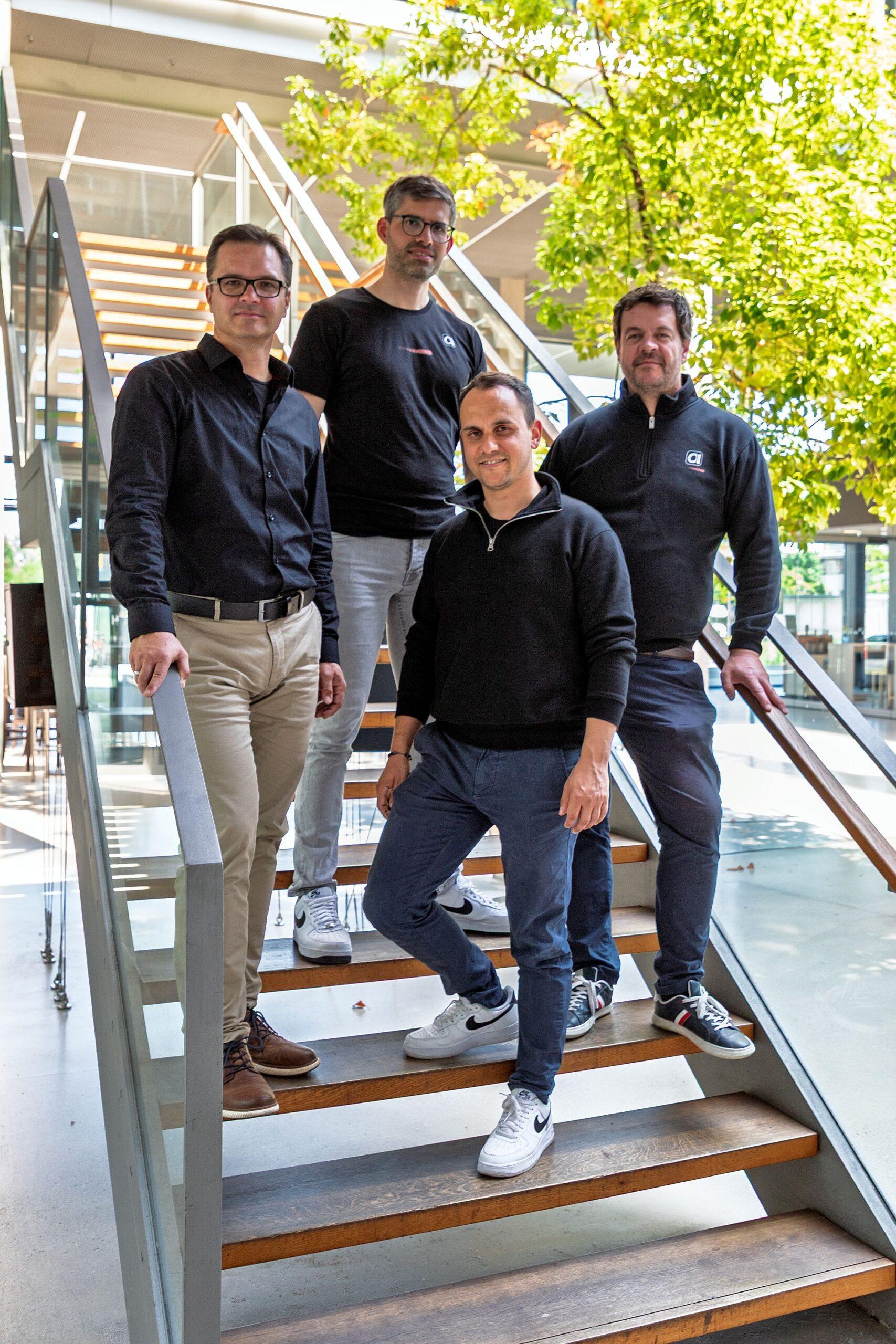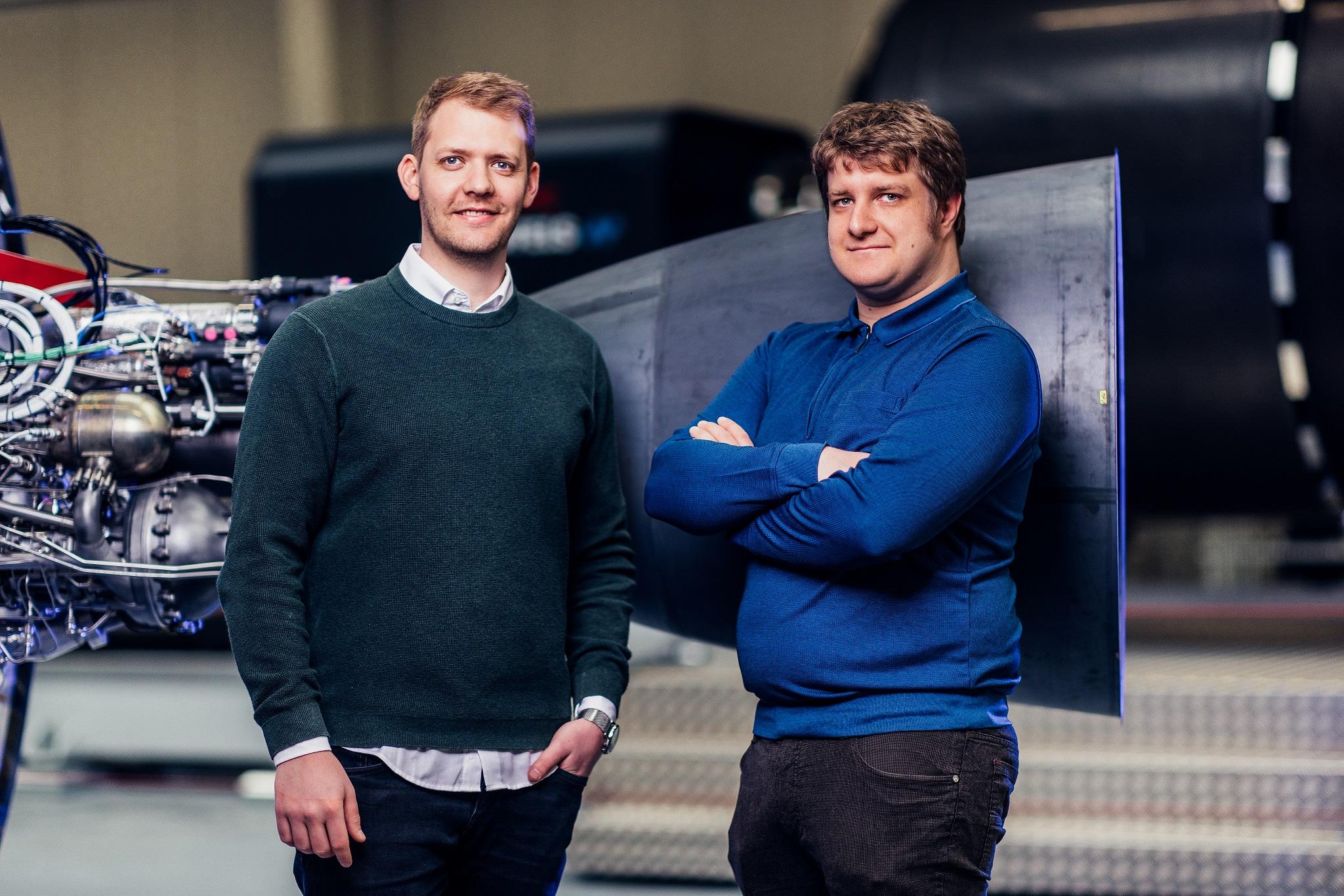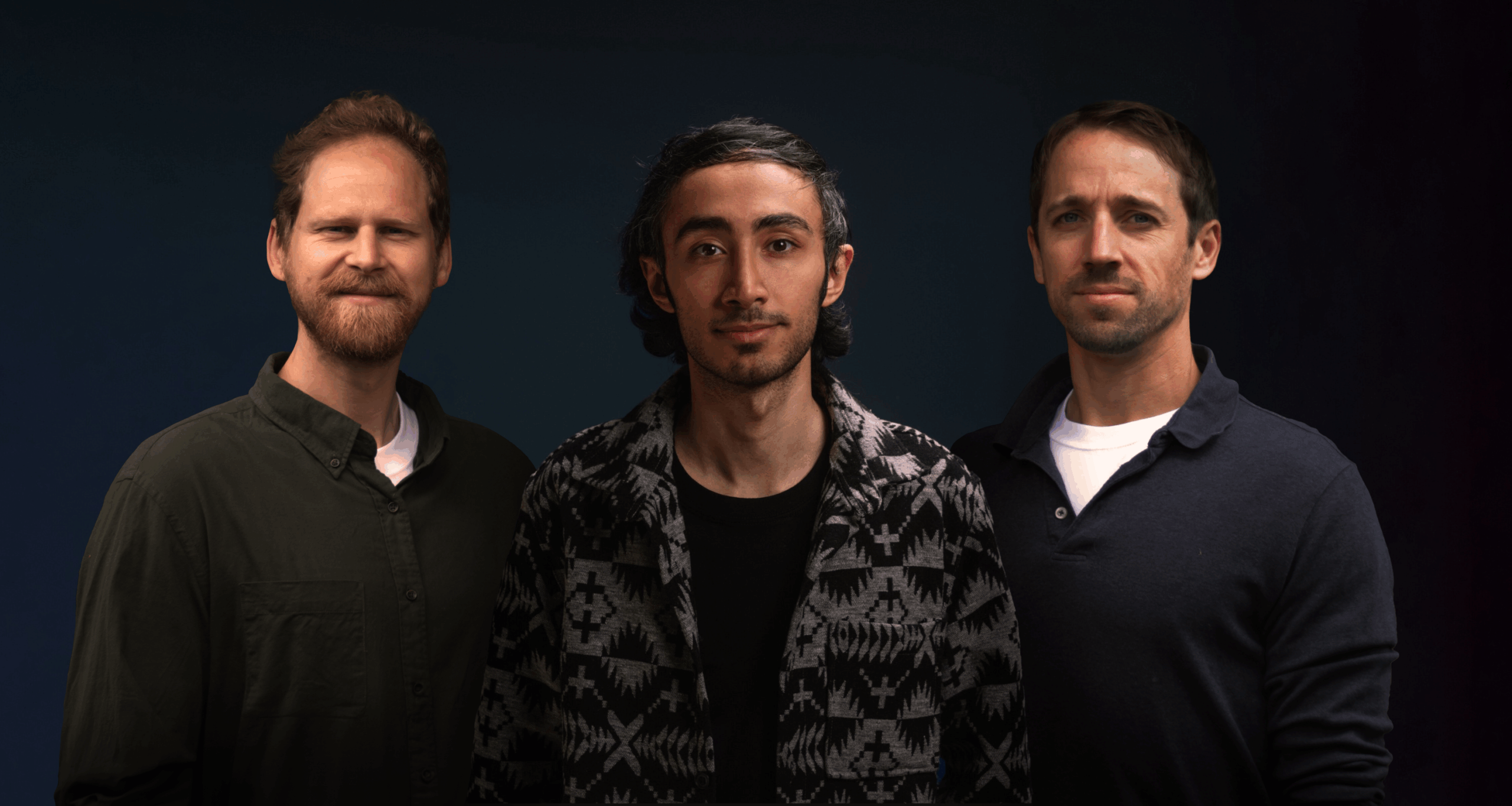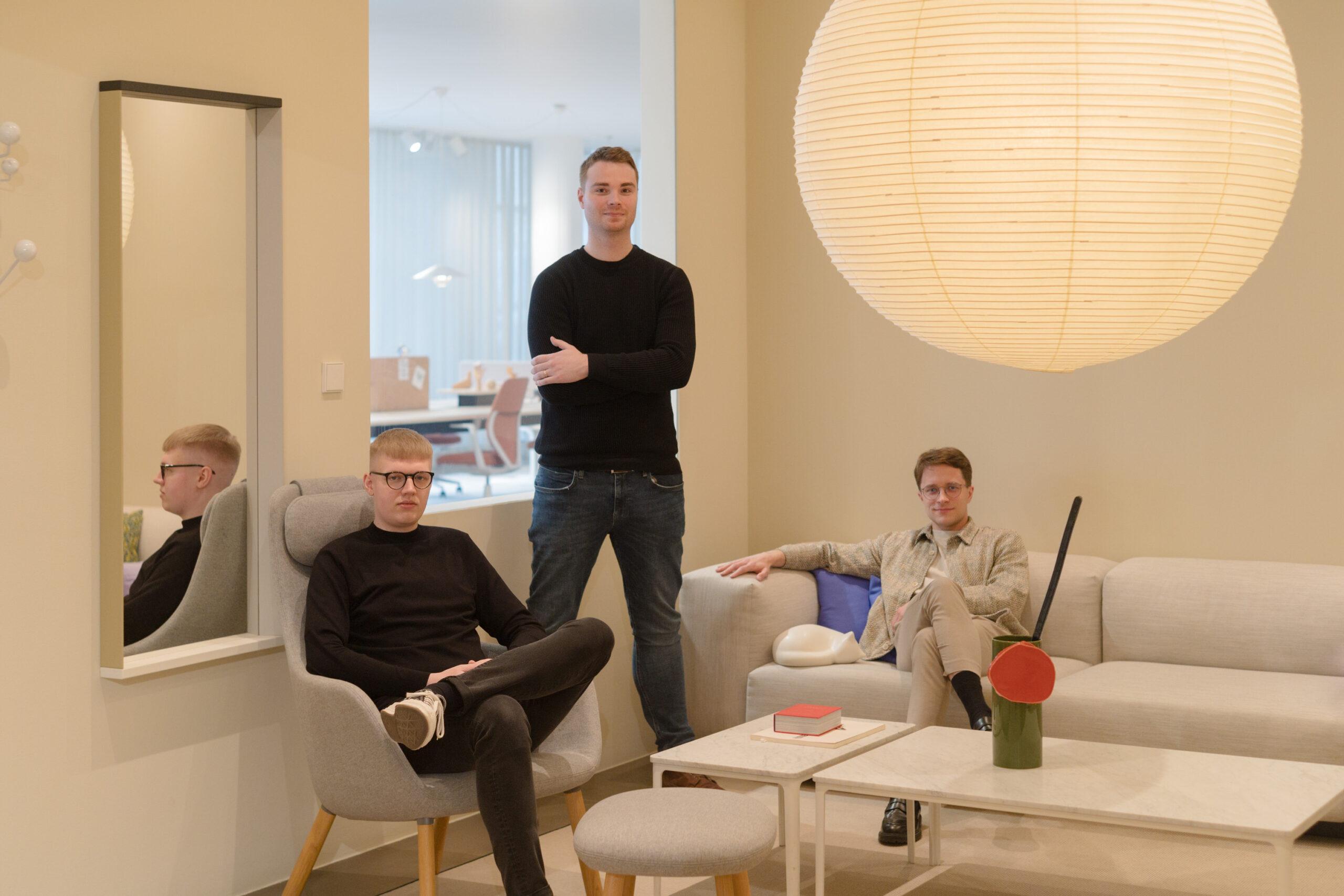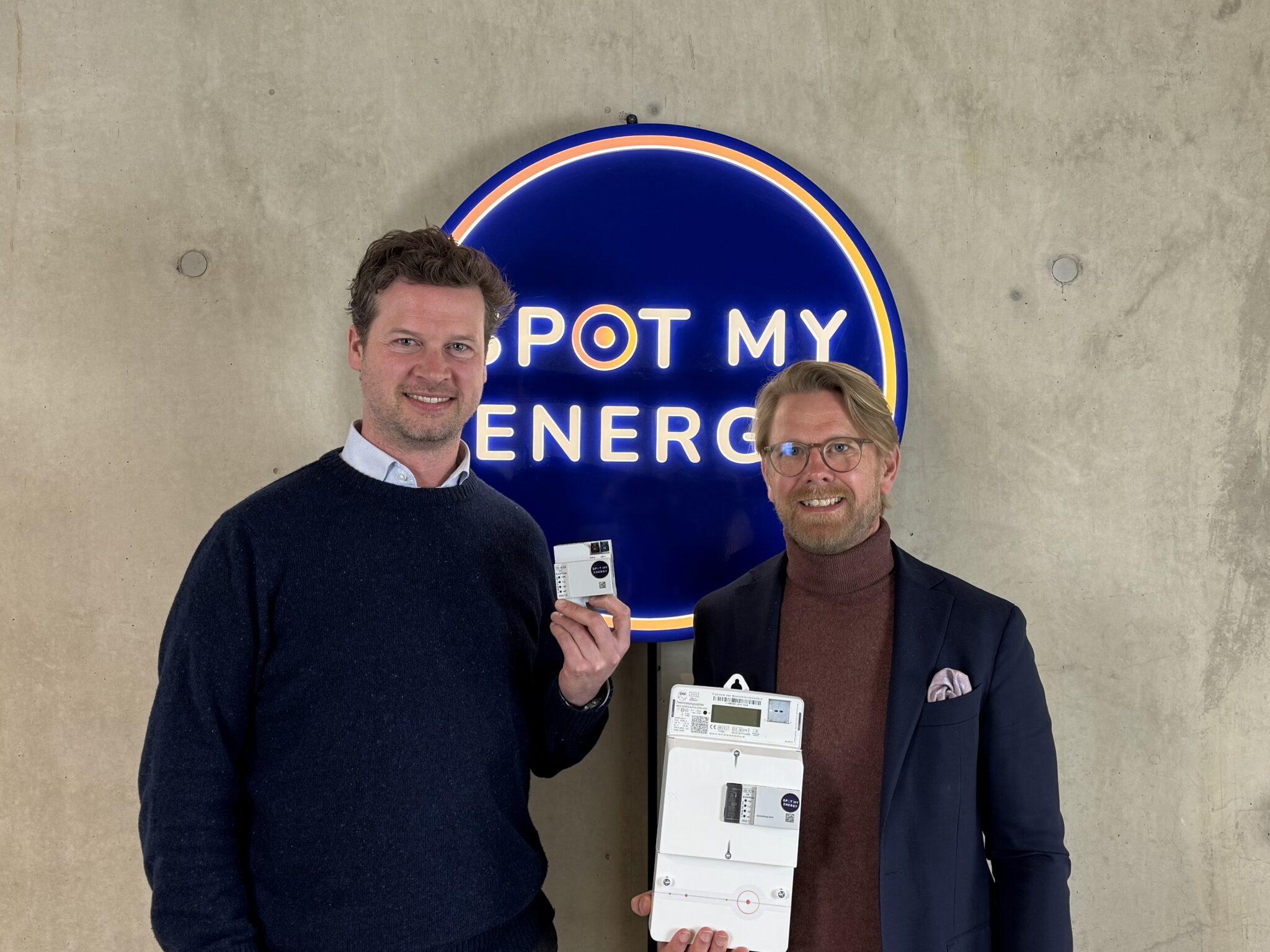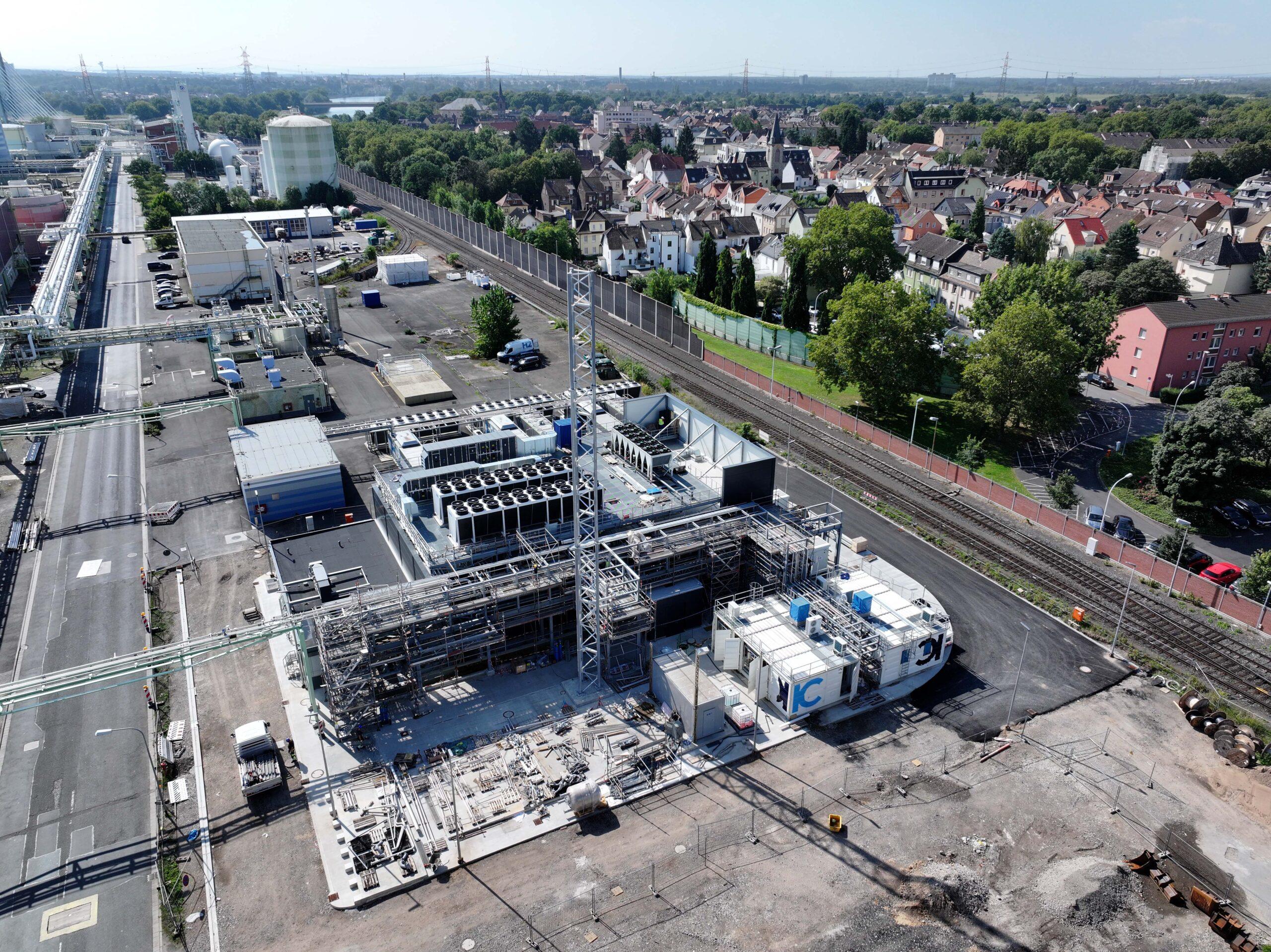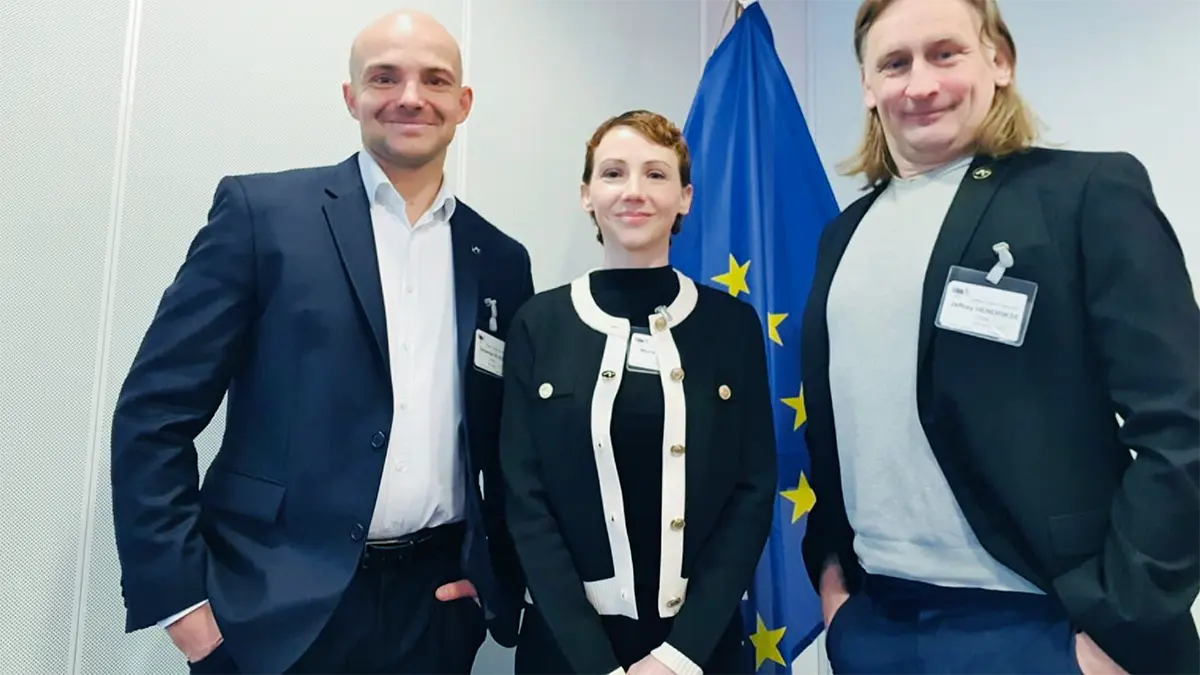"The construction industry is conservative"
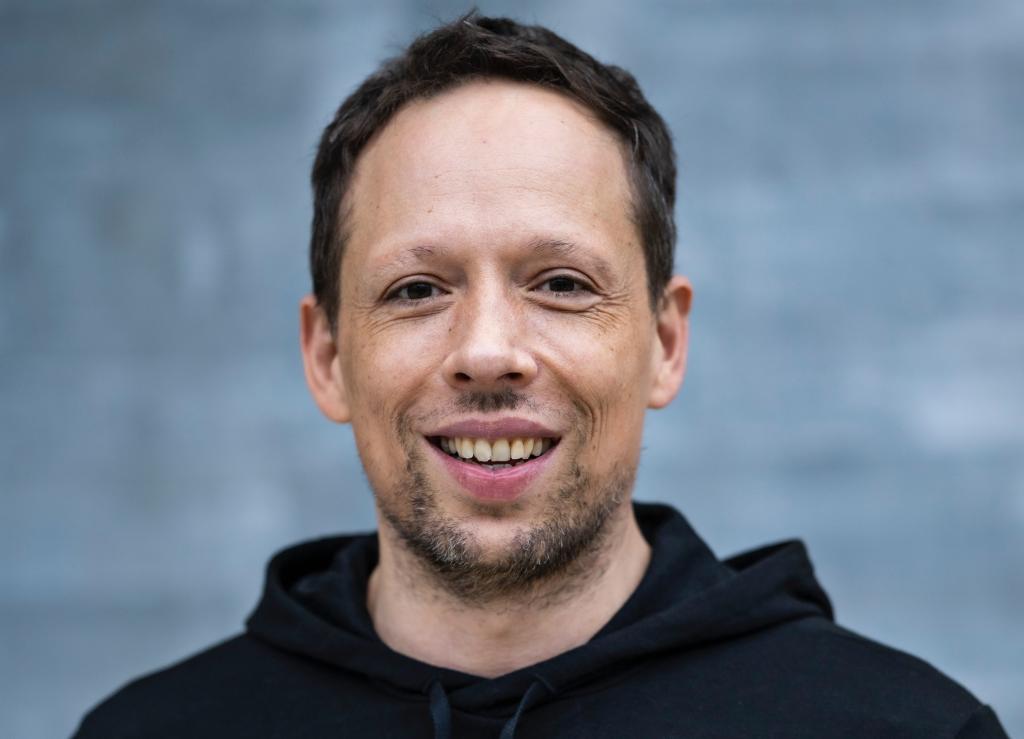
Andreas Strasser from venture capitalist Kompas talks about the potential of the proptech market, why the industry has struggled with transformation so far and what he expects after the interest rate turnaround.
Investments in the real estate sector have actually been a safe bet for years. But now a phase of higher interest rates is beginning and the market is already cooling down. Andreas Strasser is not worried about this, even though he works at venture capitalist Kompas, which is active in the proptech sector. Strasser, who has been on board since the summer, is primarily responsible for looking for suitable start-ups in the DACH region. And he is certain that sustainably oriented proptechs in particular will continue to have good opportunities in the future.
Mr. Strasser, you and your partners Sebastian Peck and Talia Rafaeli manage a VC fund for sustainable proptechs. However, none of you come from the construction or real estate industry. How does that fit together?
We all got to know each other in the automotive industry, which has undergone a dramatic transformation in the last decade. The construction and real estate industry has long delayed its responsibility to sustainably reduce CO2 emissions. As investors, we see a massive need for innovation. We can profitably use our experience from the transformation of the automotive industry to finance new technologies to market maturity in order to drive change in the construction and real estate industry. The key technologies are the same, only the fields of application differ. In addition, our industry contacts give us a large network of experts that we can access at any time.
Nevertheless, the question remains: why are three car managers going into the proptech sector?
We have all observed and helped drive the transformation in the automotive sector from combustion engines to electric drives. However, it was also clear to us that the automotive industry alone cannot manage the transition to a sustainable economy. The construction sector in particular is responsible for a lot of emissions, but at the same time relatively little is happening here. We saw an opportunity to make a real difference here.
Why do you think the transformation of the construction industry is progressing so slowly?
The reasons are the same as those that have slowed down the automotive industry for a long time. Both are rather conservative industries that require a lot of capital. It is precisely because of this high capital requirement that the willingness to experiment is not really pronounced.
German proptechs and start-ups are very technology-driven.
Andreas Strasser, Kompas
What starting points are there for putting the construction and real estate industry on a sustainable footing?
We see many starting points. One big factor is materials, for example. Concrete and steel also account for a large proportion of emissions thanks to their complex production. They can reduce this in two ways: firstly, they can make the manufacturing process more sustainable, which is increasingly happening with green steel. And they can use software to make the construction process more efficient so that fewer materials are used from the outset.
Recycling is a big issue, especially when it comes to building materials.
Absolutely, we have that on our radar too. But it won't be the decisive factor in the short term. After all, we often don't even know what is used in existing buildings. It will be a while before building material recycling is used on a large scale.
What levers are there apart from the material?
I see one in modular construction, which is generally much more resource-efficient than traditional construction methods. This is also where our investment Modulize comes in; they have developed software that is designed to make modular construction easier. This would also help to create more affordable living space. With Makersite, we have a company that makes supply chains transparent, something that is still far from standard for many construction companies.
So far, they have invested very little in German-speaking countries. Is the sector underdeveloped in this country?
No, that's more due to the fact that I only joined Kompas this year in June. So I don't want to deny the German market anything. But what is certainly true is that German proptechs in particular and start-ups in general are very technology-driven, but hardly care about marketing, unlike in the USA, for example.
What do rising interest rates mean for the proptech sector? The real estate market as a whole already seems to be cooling down.
We are also seeing a decline. Over the next twelve to 18 months, things will become increasingly quiet, especially in new construction. However, there will continue to be a lot of activity in the existing property market, i.e. in refurbishment and renovation. High energy prices are driving demand for energy-efficient homes. Of course, this also goes hand in hand with sustainability.
Thank you very much for the interview.
Personal details: Andreas Strasser moved from the Austrian investment company Smartworks to Kompas VC in June 2022. Prior to his time in venture capital, Strasser worked for the car manufacturer Volvo for eight years, most recently as Investment Director of the Swedish company's VC arm. Strasser studied economics in Hamburg.

Newsletter
Startups, stories and stats from the German startup ecosystem straight to your inbox. Subscribe with 2 clicks. Noice.
LinkedIn ConnectFYI: English edition available
Hello my friend, have you been stranded on the German edition of Startbase? At least your browser tells us, that you do not speak German - so maybe you would like to switch to the English edition instead?
FYI: Deutsche Edition verfügbar
Hallo mein Freund, du befindest dich auf der Englischen Edition der Startbase und laut deinem Browser sprichst du eigentlich auch Deutsch. Magst du die Sprache wechseln?
